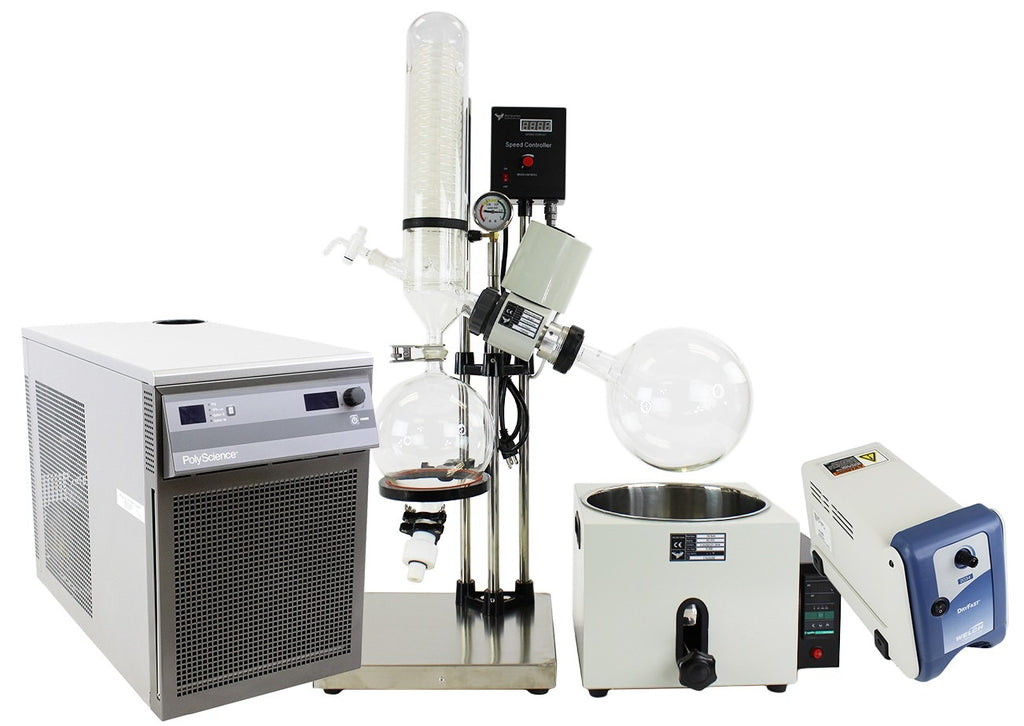The Chemical Processing – How Rotary Evaporator Distillation is Leading the Way
The future of chemical processing is increasingly being shaped by innovations in rotary evaporator distillation, a technology that is revolutionizing how we separate and purify substances in laboratories and industrial settings. Rotary evaporators, often referred to as rotovaps, offer a sophisticated yet efficient method for distillation, particularly suited for heat-sensitive materials. This is achieved through their ability to gently evaporate solvents under reduced pressure, which lowers the boiling points of the liquids involved. The core of a rotary evaporator’s operation lies in its rotating flask, which ensures a thin film of liquid is spread over a large surface area, thereby increasing the rate of evaporation. This rotation, combined with a controlled reduction in pressure, facilitates rapid solvent removal without exposing the material to high temperatures that could lead to degradation. One of the most significant advancements in rotary evaporator technology is the integration of automated and digital controls. Modern systems now come equipped with programmable features that allow precise control over temperature, rotation speed, and vacuum levels. This automation not only improves accuracy and reproducibility but also enhances safety by minimizing the risk of human error.

The ability to store and recall specific distillation protocols is particularly beneficial in research and production environments where consistency is crucial. In addition to their advanced controls, rotary evaporators are now being designed with more robust materials and construction techniques, making them more durable and capable of handling a wider range of chemicals and solvents. These improvements are expanding the utility of rotary evaporators beyond traditional applications, such as the extraction of essential oils and the purification of pharmaceuticals, into areas like the production of high-purity chemicals and advanced materials. The environmental impact of chemical processing is also being addressed through GWSI rotary evaporator advancements. Energy-efficient models and those that incorporate green technologies are becoming more common. For instance, some systems use advanced heat recovery techniques to minimize energy consumption and reduce waste. Furthermore, the use of closed-loop systems in newer rotary evaporators helps to recover and recycle solvents, aligning with sustainable practices and regulatory requirements aimed at minimizing chemical waste.
The rotary evaporation is also leading the way in the integration of artificial intelligence AI and machine learning. AI-driven models can analyze data in real-time, optimize distillation processes, and predict outcomes with high precision. This not only accelerates research and development but also ensures that processes are continually refined for maximum efficiency and effectiveness. As chemical processing continues to evolve, rotary evaporators will likely play an even more central role. Their adaptability to various applications, coupled with ongoing advancements in technology, positions them as a cornerstone of modern chemical engineering. The synergy between innovation and practicality ensures that rotary evaporators will remain at the forefront of distillation technology, driving progress in both laboratory research and large-scale industrial operations. In summary, the future of chemical processing is brightly illuminated by the advancements in rotary evaporator distillation, promising more efficient, sustainable, and precise methods for handling and purifying a wide range of substances.
